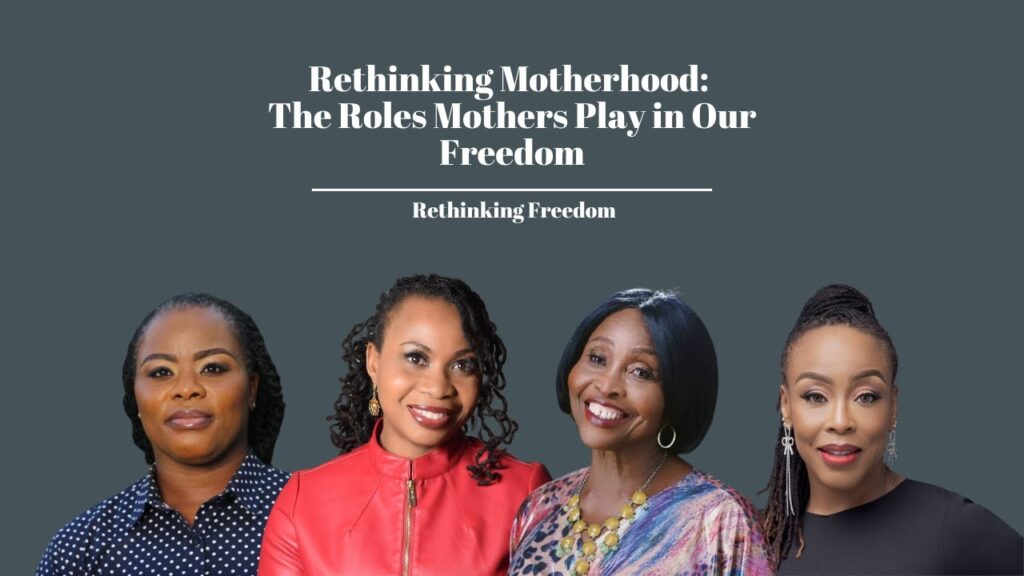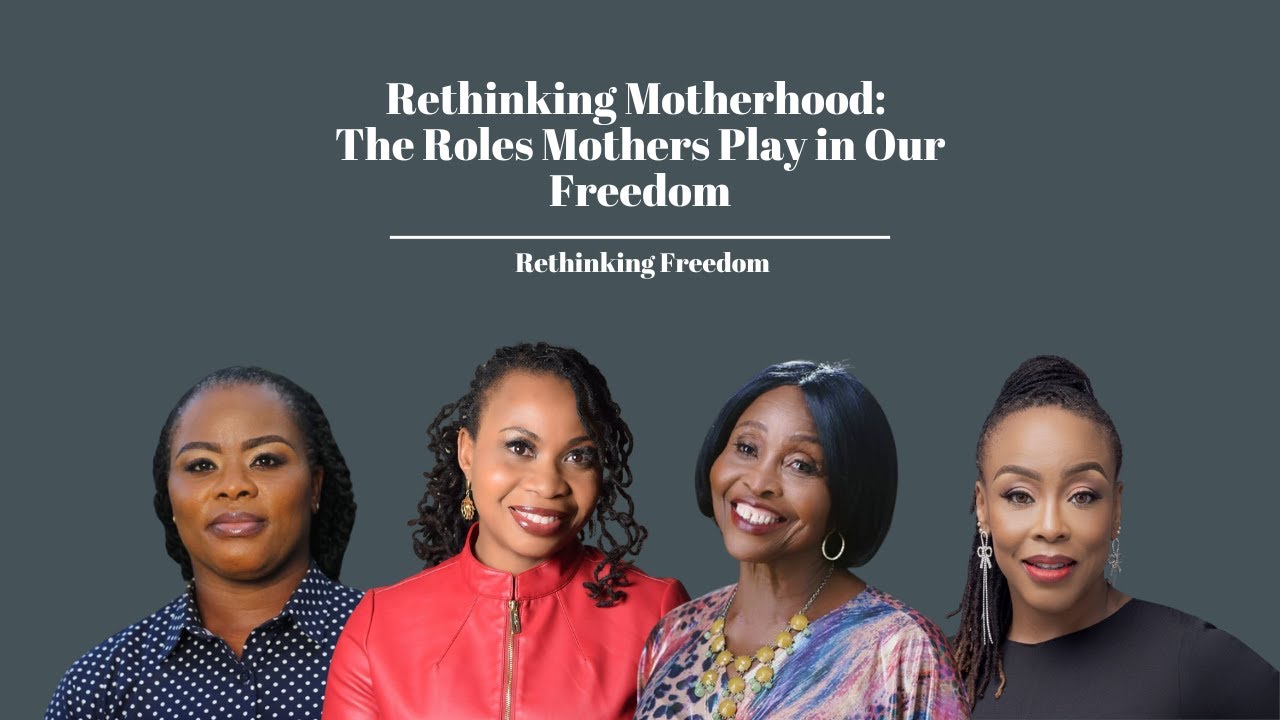
The Profound Role of Motherhood: Shaping Individuals and Society
Motherhood is a multifaceted and deeply impactful role that extends far beyond the realm of childcare. It is a complex interplay of nurturing, guidance, and influence that shapes not only individual lives but also the fabric of society as a whole. Understanding the profound role of motherhood requires exploring its historical context, societal expectations, psychological dimensions, and evolving definitions in the modern world. This article aims to delve into these aspects, providing a comprehensive overview of the significance and challenges inherent in this essential human experience.
Historical and Societal Perspectives on Motherhood
Throughout history, the role of motherhood has been central to societal structures. In many cultures, mothers are seen as the primary caregivers and nurturers, responsible for the physical, emotional, and social development of their children. This traditional view often positions mothers within the domestic sphere, while fathers are typically assigned the role of providers. However, these roles have been significantly challenged and redefined over time.
Historically, the expectations placed on mothers have varied across different cultures and time periods. In some societies, motherhood is revered as the ultimate fulfillment for women, while in others, it is viewed as a natural and expected part of life. The industrial revolution and subsequent social changes led to new perspectives on women’s roles, including their participation in the workforce. This shift has prompted ongoing discussions about balancing career aspirations with the responsibilities of motherhood.
The Evolving Definition of Motherhood
The traditional definition of motherhood is continuously evolving. Today, families come in diverse forms, including single-parent households, same-sex parent families, and blended families. These changes have broadened the understanding of what it means to be a mother, emphasizing the importance of love, care, and commitment over biological ties. Adoptive mothers, stepmothers, and foster mothers all play crucial roles in nurturing and raising children, demonstrating that motherhood is defined by actions and relationships rather than solely by genetics.
The Psychological Impact of Motherhood
Motherhood has a profound psychological impact on women. The transition to motherhood can be a transformative experience, bringing immense joy and fulfillment but also presenting significant challenges. The demands of caring for a newborn can lead to sleep deprivation, stress, and emotional fluctuations. Postpartum depression is a common condition that affects many new mothers, highlighting the importance of mental health support during this period.
The bond between a mother and child is a powerful force that shapes the child’s development and well-being. Studies have shown that secure attachment to a mother figure in early childhood is associated with better emotional regulation, social skills, and cognitive development later in life. Mothers provide a sense of security and stability that allows children to explore the world and develop their potential. The role of motherhood in fostering a child’s emotional and psychological well-being cannot be overstated.
The Mother-Child Bond
The mother-child bond is often described as a unique and irreplaceable connection. This bond begins during pregnancy and strengthens through the early years of a child’s life. Mothers provide comfort, reassurance, and unconditional love, creating a foundation of trust and security. The quality of the mother-child relationship has a lasting impact on the child’s emotional and social development. [See also: Attachment Theory and Motherhood]
The Societal Contributions of Mothers
The contributions of mothers extend beyond the immediate family. Mothers play a vital role in shaping communities and societies. They are often active in schools, community organizations, and volunteer activities, contributing their time and energy to improve the lives of others. The role of motherhood also involves instilling values, beliefs, and cultural traditions in the next generation.
Mothers are often the primary educators of their children, teaching them essential life skills, moral principles, and social norms. They also serve as role models, demonstrating resilience, compassion, and determination. By nurturing and guiding their children, mothers contribute to the development of responsible and engaged citizens who will shape the future of society. The role of motherhood is therefore critical to the social and economic well-being of communities.
Mothers as Agents of Change
Throughout history, mothers have been at the forefront of social and political movements. They have fought for equal rights, access to education, and better living conditions for their children and communities. Mothers are often motivated by a deep sense of responsibility and a desire to create a better world for future generations. Their activism and advocacy have played a significant role in shaping social policies and promoting positive change. [See also: Mothers and Social Activism]
Challenges and Support for Mothers
Motherhood presents numerous challenges, including balancing work and family responsibilities, managing financial constraints, and navigating societal expectations. Many mothers experience feelings of guilt, inadequacy, and isolation. It is essential to provide support and resources to help mothers overcome these challenges and thrive in their role of motherhood.
Support for mothers can come from various sources, including family members, friends, community organizations, and government programs. Access to affordable childcare, parental leave policies, and mental health services are crucial for supporting mothers and ensuring the well-being of their families. Creating a supportive and inclusive society that values and respects the contributions of mothers is essential for fostering healthy families and communities.
The Importance of Self-Care for Mothers
Self-care is often overlooked in the context of motherhood, but it is essential for maintaining physical and mental health. Mothers need to prioritize their own well-being in order to effectively care for their children. This includes getting enough sleep, eating nutritious meals, exercising regularly, and engaging in activities that bring joy and relaxation. Self-care is not selfish; it is a necessary component of effective motherhood. [See also: Self-Care Strategies for New Mothers]
Modern Perspectives on Motherhood
In the modern world, the role of motherhood is constantly evolving. With increasing opportunities for women in education and employment, mothers are navigating complex choices about balancing career aspirations with family responsibilities. The rise of technology and social media has also created new challenges and opportunities for mothers, including access to information and support networks but also exposure to unrealistic expectations and social pressures.
The modern perspective on motherhood emphasizes the importance of individual choice and empowerment. Women are encouraged to make informed decisions about their reproductive health, career paths, and parenting styles. The focus is on creating a supportive and inclusive environment that allows mothers to thrive in their chosen roles. The role of motherhood is now seen as a personal journey rather than a predetermined path.
The Future of Motherhood
The future of motherhood will likely be shaped by ongoing social, economic, and technological changes. As families continue to evolve, the definition of motherhood will also continue to expand. The emphasis will be on creating a society that supports all types of families and values the contributions of mothers in all their diverse roles. The role of motherhood will remain a cornerstone of society, shaping individuals and communities for generations to come. Understanding and supporting the complexities of motherhood is crucial for building a better future for all.
In conclusion, the role of motherhood is a profound and multifaceted aspect of human experience. It shapes individuals, families, and societies in countless ways. By understanding the historical context, societal expectations, psychological dimensions, and evolving definitions of motherhood, we can better appreciate the significance of this essential human experience and work towards creating a more supportive and inclusive world for all mothers.

